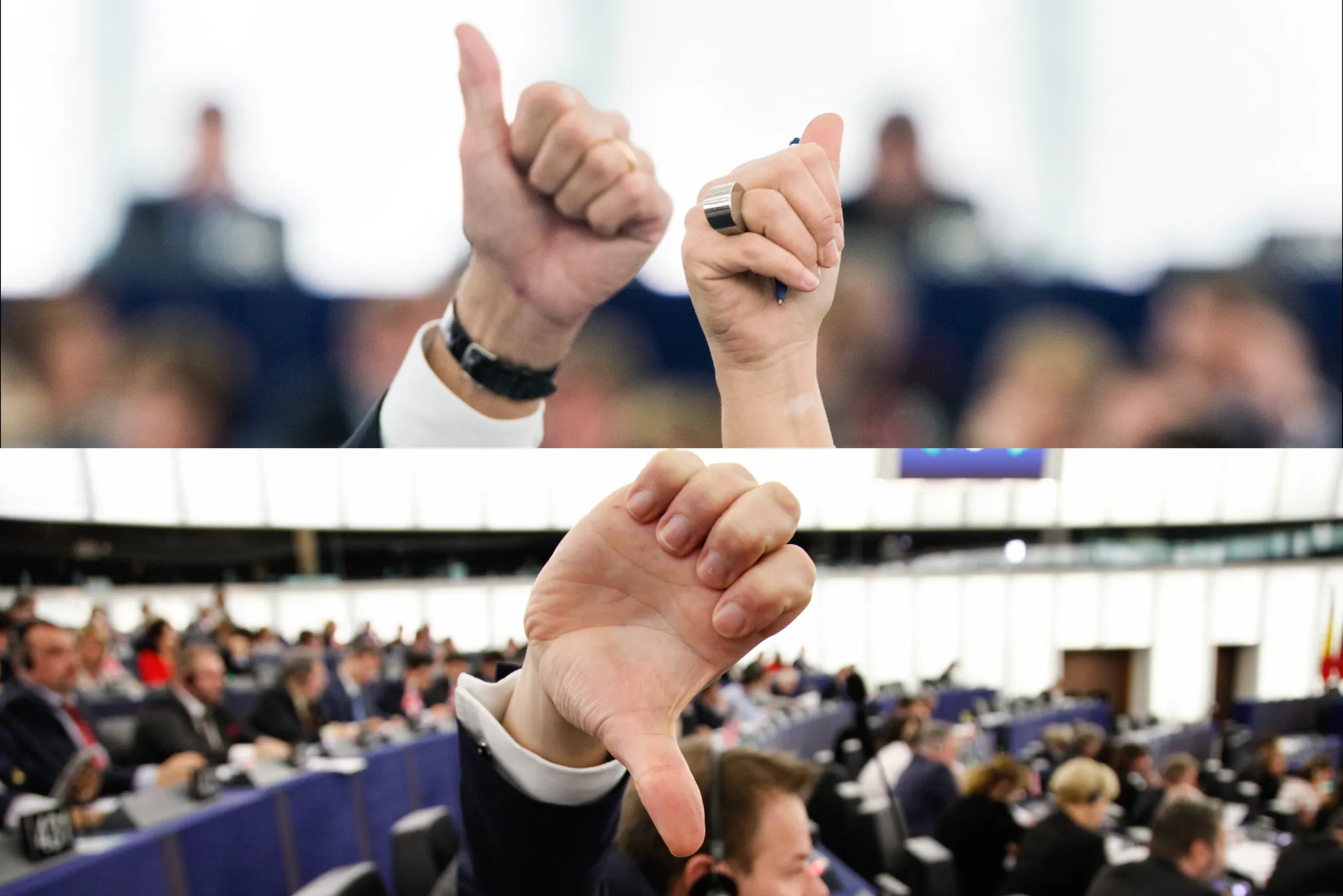The case for / against direct democracy

The case for direct democracy
Direct democracy is here to stay and should be welcomed. Direct democracy mechanisms such as referendums, citizens’ initiatives, agenda initiatives, and recall votes, reinforce the fundamental principle of democratic self-governance, provide a check on the tendency of representatives to become disconnected from their electors, and can enhance the popular legitimacy underpinning key political decisions.
Moreover, today’s communication revolution facilitates greater direct participation by citizens in their own governance. The days of representatives seated in national capitals making policy in relative isolation has been supplanted, first slowly then rapidly, by a world where citizens can instantly communicate with elected leaders through on-line petitions, blogs, tweets, and Facebook posts. Citizens can also now communicate more easily with one another. Social media empowers citizens to organize and advocate for direct democratic approaches to deciding important issues, and to promote certain outcomes once a referendum or other direct democracy mechanism has been put into motion.
Direct democracy mechanisms do have limitations. Few would recommend a system where citizens participate in making the detailed, everyday decisions with which elected representatives are charged. Direct democracy functions most efficiently as a complement to representative democratic governance, providing an important counterbalance on major decisions when elected representatives have deviated from the views and priorities of the citizenry. Recent results such as “Brexit” and the Colombian referendum rejecting a peace accord are important examples of citizens expressing their viewpoints, and indeed educating their representatives, on their visions regarding their countries’ futures, regardless of the views of many of their political leaders.
The approaches that many countries have taken to instituting direct democracy mechanisms have enhanced national decision-making even in cases where these mechanisms have not represented the final word on an issue. Non-binding referendums or initiatives can still provide leaders with important information about popular priorities, which can inform the crafting of legislation. As has been demonstrated in recent years with referendums rejecting EU treaties in Denmark and Ireland, as with the recent referendum result in Colombia, even a binding popular rejection can become a springboard to a later decision by the state, or the negotiation of a better deal by the state, that more effectively accounts for the views of the popular majority.
In short, direct democracy is a useful tool for both understanding democratic will and for enhancing the accountability of elected representatives. It has become an increasingly essential component of effective democratic governance.
The case against direct democracy
While direct democracy initiatives do offer an important option for citizens to have a say on issues they consider to be important, the current mechanisms are riddled with problems that obstruct the very goals these initiatives seek to advance.
Legal drafting is extremely complex, and it can be easy to create a poorly drafted law that may come with unintended consequences. In the 2016 election in the US, for instance, unclear wording in a ballot initiative about retirement ages for justices of the Pennsylvania Supreme Court raised concerns that voters might think the question referred to the United States Supreme Court. In Italy, the December referendum on parliamentary reform was so complicated that one Italian start-up offered classes on how to understand it for $154 per hour. A lack of public understanding and the spread of misinformation related to direct democracy processes can have devastating consequences, not just in terms of the political result, but also for societal relations. The surge in hate crimes in the wake of the Brexit vote is perhaps the most such striking example.
It is also questionable how representative direct democracy initiatives actually are. Earlier this year, the Hungarian president claimed that “the people” had voted in favor of closing the doors to refugees. In reality, though, the high “no” vote belied the fact that less than half of eligible voters participated in the referendum. In fact, the rate of participation was so low that the result was not considered valid. Between 2011 and 2014, Egyptians voted in three constitutional referendums, each of which focused on a range of critical questions, including the electoral timetable, the protection of human rights and the fundamental nature of the state. The consistently low turnout of 41, 33, and 39 percent, respectively, taints the result and calls into question how legitimate the changes are. Whether such low turnout can be said to be representative of “the people” is questionable. In fact, when such low numbers of voters participate the legitimacy of the result is doubtful.
There is also the danger that special interest groups or lobbyists, who specialise in certain issue areas and who have a broader political agenda, will bankroll direct democracy initiatives. This problem has been cited at the state level in the United States, and analysts warn of special interest influence in the EU’s citizen initiative process. Partisan politics can also influence direct democracy processes, something that is especially dangerous in post-conflict settings, when elite political comprise and deals are critical for the maintenance of stability.
Finally, it can be all too easy for direct democracy initiatives to bypass, rather than complement, the work of the legislature. While citizens should be able to have a say if the legislature is not working in their interest, it is also important to maintain a view of how certain reforms can impact other issues. In this way, citizens are partners, rather than opponents of democratic governments.





